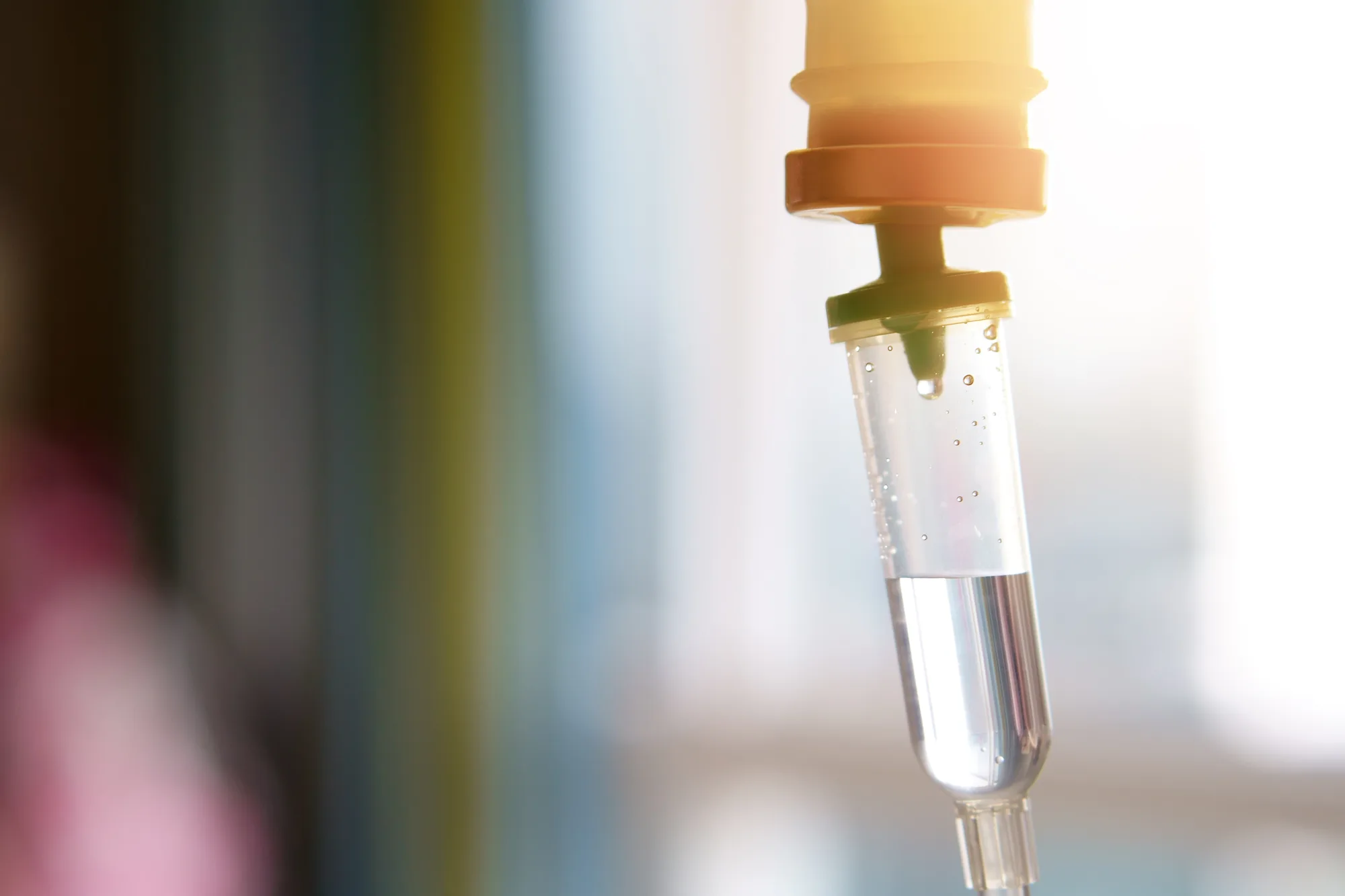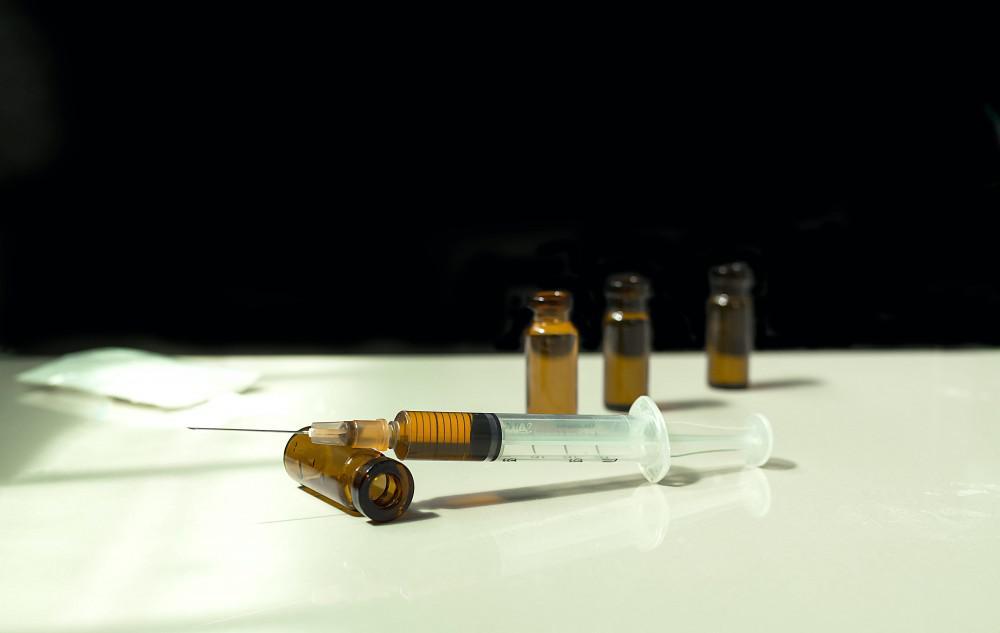Ionescu et al. analyzed the effectiveness of a single ketamine infusion in treating depression in patients with anxious bipolar disorder compared to non-anxious bipolar disorder.
Approximately 25-50% of patients with bipolar disorder have an anxious subtype, and the role of anxiety in influencing symptoms and challenges of bipolar disorder is becoming increasingly recognized. When it comes to bipolar disorder, individuals with comorbid anxiety symptoms or disorders have worse clinical outcomes than those with non-anxious bipolar disorder. One study showed that high anxiety scores among patients with bipolar disorder types I and II is associated with more suicide attempts, cyclothymia, and alcohol abuse. It also can predict a decrease in responsiveness to lithium, a front-line treatment for bipolar disorder. Even though anxious bipolar disorder is typically a more severe subtype and new, more reliable psychopharmacological interventions are needed, alternative treatment options remain understudied.
Ketamine is a point of interest for anxious bipolar disorder because it has shown clinical promise for individuals with treatment-resistant depression and bipolar disorder. Aside from its long history as a medical anesthetic, at lower doses it is also frequently used to treat anxiety, PTSD, and suicidal ideation, among other conditions. Ketamine differs fundamentally from most current antidepressants; It is an NMDA receptor antagonist and its specific mechanisms of action are still not well known. In studies with patients with bipolar disorder experiencing moderate to severe depression, just one ketamine IV infusion has rapid and significant antidepressant effects that last up to 3 days. It also significantly decreases suicidal ideation.
Since anxiety subtypes can predict a reduction in medication efficacy, this study aimed to determine whether levels of anxiety impact the effectiveness of ketamine’s antidepressant effects on patients with bipolar disorder. Researchers measured baseline anxiety status in all patients and recorded depression scores over 14 days after a single ketamine infusion. Within the patient sample, two groups were identified: patients with anxious bipolar disorder and non-anxious bipolar disorder, all of which had not previously responded to other treatments. In fact, patients had previously been maintained on lithium or valporate for an average of six weeks with no response.
Both groups received a single open-label ketamine infusion as part of a larger randomized, double blind crossover study to control for placebo. Anxious depression was identified using Anxiety/Somatization Factor Scores from the Hamilton Depression Rating Scale. Depression levels were measured using the Hamilton Depression Rating Scale and Montgomery-Asberg Depression Rating Scale.
While more research is still needed to better determine the effectiveness of ketamine infusion on patients with bipolar disorder, the results of this study are incredibly promising for individuals with bipolar anxiety subtypes. Although longer-term ketamine treatments still need to be examined, this study suggests that ketamine treatment is equally as effective for treating depression in anxiety subtypes as it is in non-anxious bipolar disorder. Further examination into the specific mechanism of action of ketamine as a depression treatment may help us better understand its effects.

























